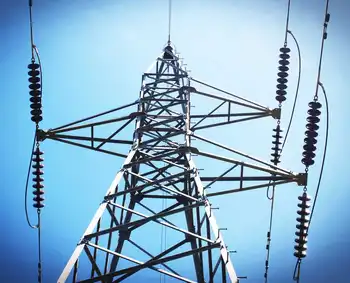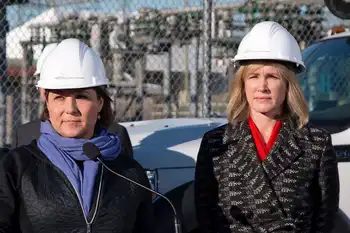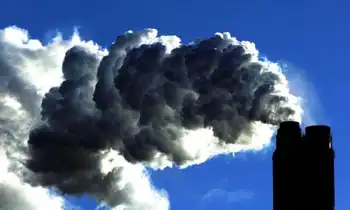Energy Star for servers do not go far enough
By Reuters
Protective Relay Training - Basic
Our customized live online or in‑person group training can be delivered to your staff at your location.

- Live Online
- 12 hours Instructor-led
- Group Training Available
The new EPA Energy Star program requires that any server to get the Energy Star label needs to adhere to a variety of energy-saving requirements. According to the EPA, here's what servers that can carry the label will include:
• Efficient power supplies that generate less waste heat, reducing the need for excess air conditioning in the facilities where they are housed;
• Improved power quality, which provides building-wide efficiency benefits;
• Capabilities to measure real time power use, processor utilization, and air temperature, which improves manageability and lowers total cost of ownership;
• Advanced power management features to save energy across various operating states; and
• A power and performance data sheet for purchasers that standardizes key information on energy performance, features and other capabilities.
The EPA claims that on average, those servers that can carry the label will be 30% more energy efficient than comparable non-Energy Star servers. The EPA also claims that if every server sold in the U.S. met Energy Star requirements, the energy savings would eventually be $800 million per year, and would eliminate the equivalent of the greenhouse gas emissions of more than 1 million vehicles.
All that is certainly good. But the Energy Star label doesn't nearly go far enough. As a start, it doesn't cover blade servers. Blade servers are at the core of virtualization projects, which can save dramatic amounts of energy and money. Many data centers that are going green go with blade servers rather than traditional servers. In fact, it's likely that you'd use more energy if you bought Energy Star-labeled servers than if you bought blade servers, which can't get the Energy Star label.
The other problem is that the Energy Star specifications measure server use when the server is idle. Servers, by their very nature, are not designed to be idle. If a server is idle, you don't need it. And there's not necessarily a correlation between a server's energy use when idle compared to when it's being heavily used.
The upshot? The Energy Star label for servers is less than useful. Andrew Fanara, who heads the Energy Star product programs, told Infoworld that the agency is currently at work on a Tier 2 specification which will measure server energy use when a server actually does work. That spec may be out by January. When that's out, it will certainly be a step forward. I'm hoping the EPA will tackle blades as well.











